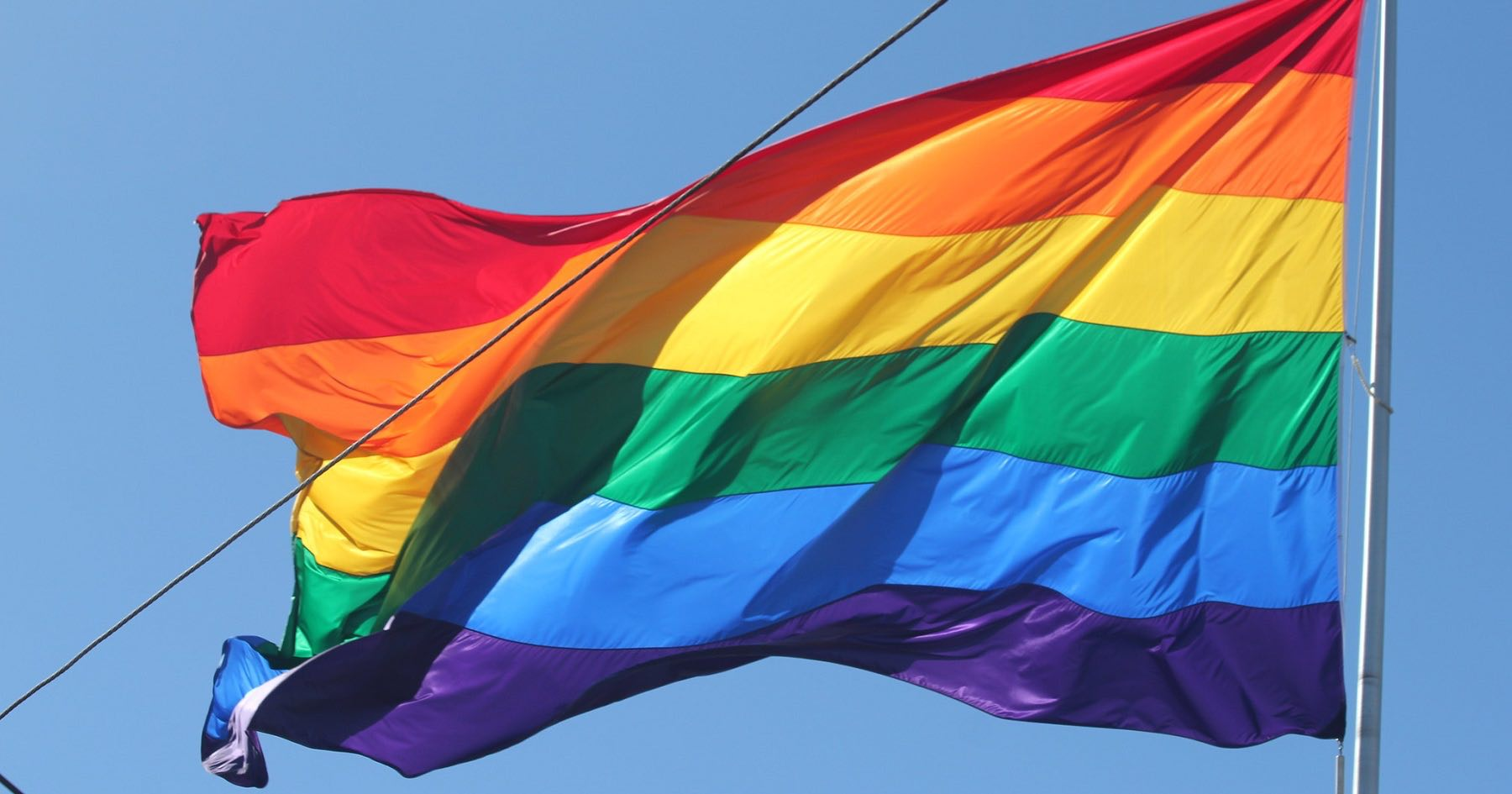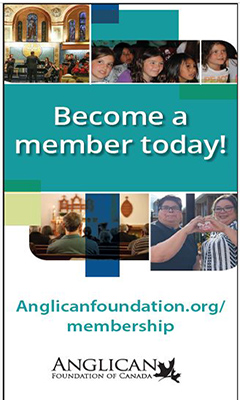The umbrella term “trans” (shortened from “transgender”) captures people with a range of experiences around gender identity, usually distilled down to something like this: people whose understanding of their personal gender identity, or whose social gender expression, do not match the social expectations of the sex assigned to them at birth. There is more that could be said about every aspect of that, the complications and nuances that umbrella terms always obscure, but it’s a starting point. Another definition is more active and functional: trans people are those who transition: they go through some process of shifting how they live out their sense of gender identity, and the gender they express socially.
When we talk about transition as a society, we tend to get bogged down in the topic of medical transition, on the administration of hormones or hormone blockers, and surgical interventions, often from a place of prurient interest. The medical, however, is often a smaller (if nonetheless significant) portion of transition than the social: changes in daily clothing, the use of new gendered pronouns, the adoption of a new name. Those things follow a person every day of their life, and by their use or abrogation they accept or reject what they have shared of themselves with others.
This feeling of acceptance or rejection goes to the heart of the person, and to their sense of belonging in community, which is profoundly significant. Researchers who study suicide say that while trans youth have long been known to have higher rates of suicide than their cisgender (that is, not trans) peers, this difference is nearly eliminated when trans youth experience a sense of acceptance and belonging in terms of their gender identity. Despair is not an inherent part of the trans experience, and the greatest despair comes simply from wanting to belong, and being rejected. The Rev. Dr. Bill Kondrath told our Clergy Conference in Chemainus this May that feeling ignored or excluded in community has the same impact on the brain as being punched. Tell someone they don’t belong, day in and day out, and the cumulative impact is unspeakably destructive.
I was invited to write about this topic because the unfortunate reality is that right now trans youth around the world, in our communities and in our churches, face a rising tide of societal opposition to their participation in community life and even their existence. We hear about laws being enacted in the United States which would subject children to physical inspections in order to play sports, and which charge parents with child abuse if they allow children to transition socially. We hear of teenagers in the United Kingdom facing nearly a decade of waiting just to be evaluated for medical care that would delay the effects of puberty, even as research shows that this is enormously beneficial for social and medical transition, and has minimal risks.
These are significant, regressive changes that make things harder for trans youth, and they come as part of a broader backlash against trans people more generally, framed in the rhetoric of culture wars. Although often cloaked as concern about the appropriateness of medical intervention in kids, the reality is that for most kids medical transition is fairly limited, and access to social transition is much more significant. Sometimes this concern is stated as being about the fact that a small number of people regret going through a process of transition, but no amount of gatekeeping or delaying will change that, and more regrets seem to stem from a lack of social acceptance than from a direct regret at having started down a path of transitioning socially or medically. As trans activists rightly point out, the rate of regret for hip and knee replacements is higher than for medical transition.
All of that might sound very abstract and far away, but it is a background against which the situation for trans youth here in our diocese must also be understood. My work in parish ministry, in mental health counselling and in volunteering with LGBTQ2SIA+ societies has frequently brought me into contact with trans youth, parents of trans youth and community advocates working with younger trans populations, and I can say that trans kids in our communities, and in our congregations, desperately need us to show up for them, and to create spaces for them.
There is so much that is world-leading about the resources that are available to trans kids in British Columbia, but there are signs of that broader backlash being felt here, too. Trans Care BC has provided guidelines and training for healthcare in British Columbia that are rooted in the best leading research, but there are scattered reports of medical providers increasingly blocking the path to care for trans youth, not on the basis of medical research, but because of sensationalist and fabricated social media talking points about an epidemic of children going through medical transition and then regretting it.
Schools across the province have robust anti-bullying policies and a sexual orientation and gender identity curriculum (SOGI 123), yet bullying of trans kids is too often accepted as an inevitability, and while most teachers keep up with the need to use preferred names and pronouns for trans students in the classroom, the few who deliberately refuse to do so send a clear message to these children that they do not belong, that they are not accepted. A small but influential number of advocates reach out to school district boards and advocate for the creation of an environment that is hostile to trans kids. Even here, adults take to social media to call for the exclusion of trans youth from sports in our communities.
It costs nothing to treat other people with respect and kindness, while the senses of belonging and acceptance these little gestures create are priceless, and life-saving. Wherever we can, we must work to support those who are trying to create hospitality, rather than hostility, and who want to see trans kids feeling like they belong and are loved, rather than that they are feared and rejected.
As Christian communities, we know the power of hospitality, of the importance of providing people with a space to feel welcomed. We make an effort to learn people’s names, and to help newcomers know that they belong to the body of Christ every bit as much as those who were there before them. We know that our differences give us our wholeness, and our ability to hear what God is revealing and how the Holy Spirit is moving in our midst.
Our tradition is full of stories about people who had new experiences, new revelations that shifted how they understood themselves, and new callings that made it impossible for them to keep living as they had lived before. So many of these stories involve the taking of new names and new roles in communities. We have the opportunity to be communities who practice hospitality for trans kids, and who don’t get trapped in the polarizing world of opposites, scarcity and fear. We know that every person we encounter is an invitation to meet Christ in a new way. We can create spaces where people don’t have to apologize for who they are, and how they came to be with us.
Indeed, we are equipped by our faith to accompany people in journeys of figuring out how it is they want to live in the first place, and who they really are. We can hold space for the kinds of conversion experiences that made Saul become Paul. We nurture the new life that made Abram Abraham, and Sarai Sarah. We can accompany people on the circuitous journey of figuring out where they are being called, even when their paths look more like Jonah’s than like a direct line. Our faith recalls that every conversion experience is atypical, and every revelation, whether of God or of the human person, is particular and unique. The world longs to rush to find generalities and categories into which people can be fit, and to discard those whose existence would destabilize its sense of normalcy, but our faith is one of hospitality for the stranger, and loving curiosity about the circumstances of each person’s life. Christ’s ministry is characterized by how he sought to find out not how the world saw each person before him, but who they would reveal themselves to be when given the opportunity to do so. To encounter each person like that is a gift both for the stranger and ourselves.



